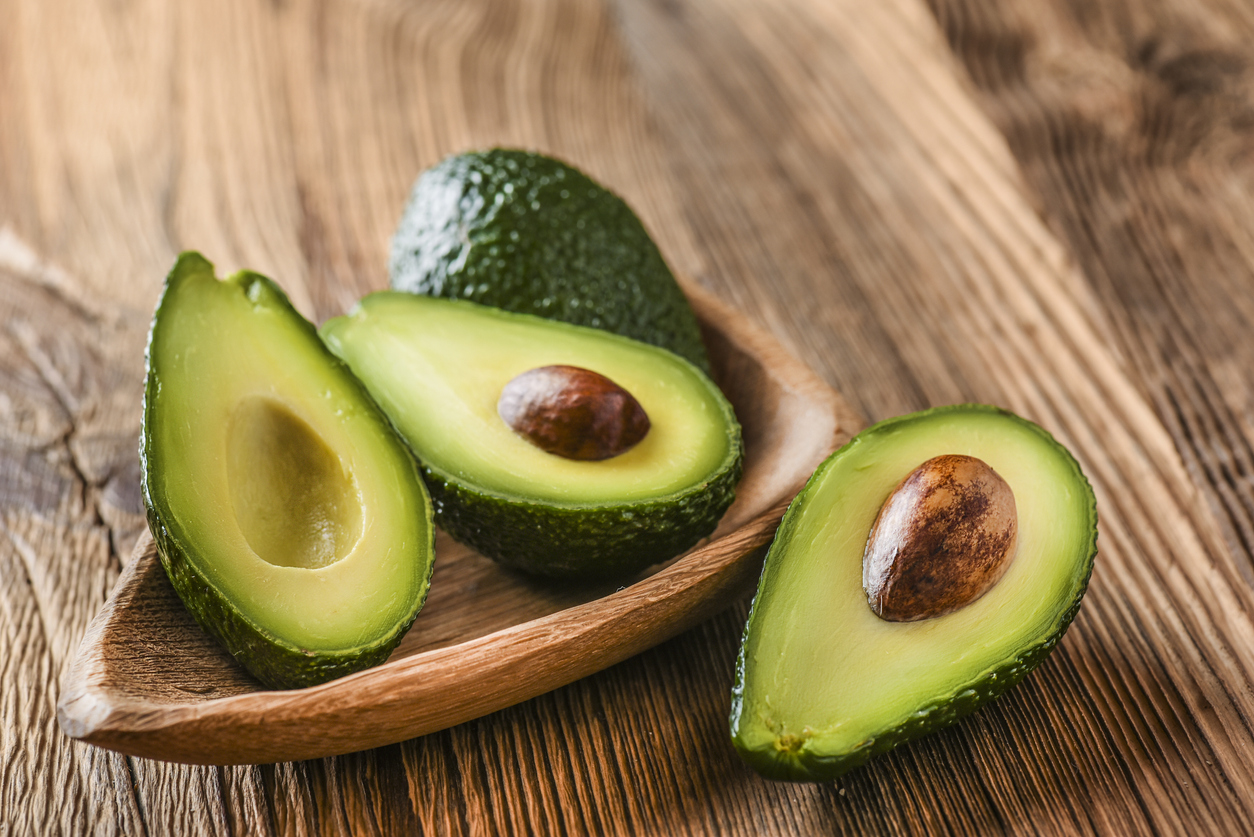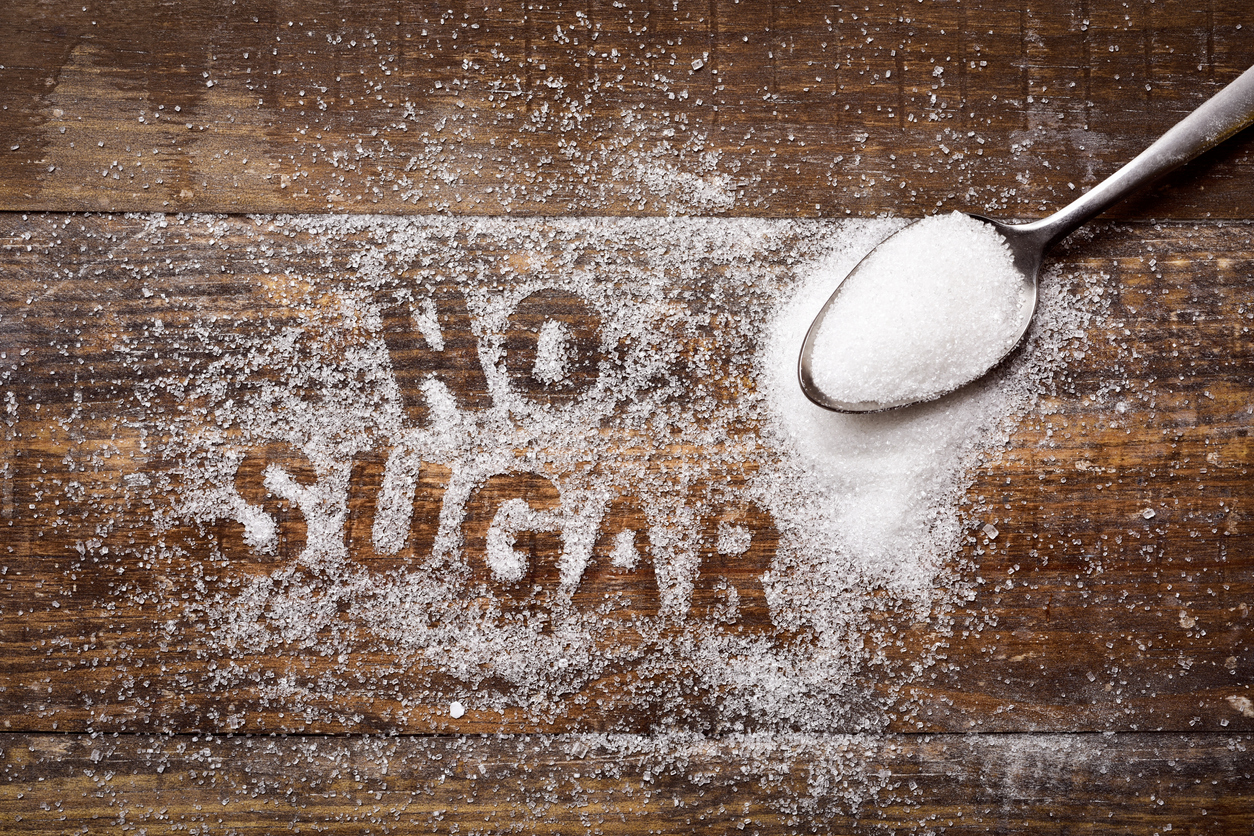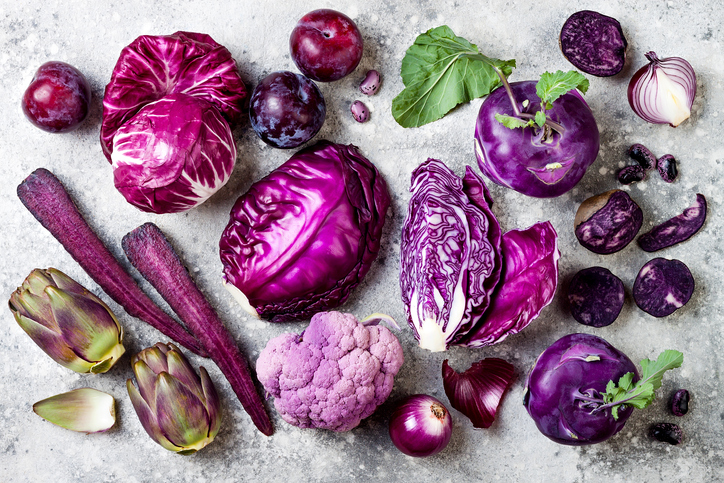Apparently, statins function by cutting down your “bad” LDL (Low-density lipoprotein) cholesterol. However, a new study published in the Journal of Nutrition reveals that avocados can be a great natural alternative to statins. The word avocado comes from the Aztec word “ahuacatl” which means testicle, because of the shape of its fruit.
Long-standing studies proved that many people take statin drugs more than any other prescription medication. Cholesterol-lowering drugs have minute benefits for the vast majority of people who rely on them. And they are found to cause serious adverse effects notably memory loss, muscle pain, and diabetes.
Avocados improve your LDL cholesterol profile far better than statins without any side effects. They are a great source of healthy fats that help you lose weight and maintain healthy cholesterol levels. They reduce inflammation and protect your heart and can become a potential cancer-killing weapon too.
The avocado diet lowers levels of oxidized LDL cholesterol and small, dense LDL. These are the two worst forms of LDL. Both oxidized and small, dense LDL particles can trigger plaque accumulation in artery walls, which leads to atherosclerosis, heart disease, and potentially a heart attack or stroke. The consumption of avocados has been linked with a decreased risk for cardiovascular disease, obesity, type 2 diabetes, and stroke.
High amounts of cholesterol and saturated fats are found in animal products. Saturated and trans fats, generally present in processed and fast foods, can increase bad cholesterol. Nevertheless, not all fats are saturated. Avocados, that contain unsaturated fats are healthy types of fat with no cholesterol at all.
Distinguished professor of nutrition, Kris Etherton and his team stated that since the moderate-fat diet without avocados has the same monounsaturated fatty acids present in avocados, the fruit could possibly have an additional bioactive that benefits the avocado diet. In their observation, when people included one avocado a day into their diet, their blood samples showed fewer small, dense LDL particles than before the diet.
Avocados’ nutrition facts
Avocados are rich in several vitamins, minerals, healthy fats, and fibre. 100 grams, or about half an avocado, constitute around 160 calories.
This fruit is high in fat, but it is mostly monounsaturated fat which is healthy for you. It also contains potassium, folate, vitamin B6, and vitamin C. Avocados can be eaten as an appetizer or side dish with other dishes or they can be used as a main course like guacamole dip with tortilla chips or salad dressing.
This serving also contains:
- Vitamin K: 26% of the RDI.
- Folate: 20% of the RDI.
- Vitamin C: 17% of the RDI.
- Potassium: 14% of the RDI.
- Vitamin E: 10% of the RDI.
The risk associated with avocados
An entire avocado has about 250–300 calories. Despite avocados possessing a good type of fat, these calories can still cause weight gain if taken in excess amounts. For weight loss, it’s necessary that you practice portion control. Instead of adding avocado to your current diet, utilize it as a substitute for foods that are high in saturated fat, like cheese and butter.
For instance, you can crush up an avocado and spread it on toast rather than using butter or also an prepare avocado smoothie.
However, avocados have some health risks associated with them as well such as allergies to avocados or the possibility of choking on the pit when eating an avocado whole. Avocado is a fruit, so if you are allergic to tree nuts, you should not eat it.





One thought on “Here’s why avocados can be a great natural alternative to statins”